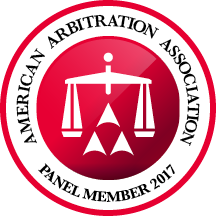We are experienced employment attorneys and have represented the victims of wrongful termination, harassment, wage and hour claims, denial of leave and other violations of Connecticut, Massachusetts, and federal employment law. We have helped our clients get reinstated to their old jobs, collect back pay wrongfully denied to them, win compensatory and punitive damages and secure promotions they deserve.
With offices in Connecticut nad Massachusetts, we proudly represent employees throughout the region, including Hartford, Springfield, Milford, Bridgeport, New Haven, Stamford, Waterbury, Fairfield, Norwalk, and Danbury. Fill out our online form today, so we can look at the details of your employment case and help you overcome this stressful obstacle.
Richard E. Hayber, who leads the team at Hayber Law Firm, takes pride in representing underdogs in tough cases. He takes on powerful companies and wins. Richard E. Hayber has represented a wide range of employees, from waiters and truck drivers to the vice presidents of companies.
He has represented clients in front of the Connecticut Commission on Human Rights and Opportunities and the U.S. Department of Labor. He has also represented large groups of employees in class action lawsuits, where the employer’s illegal wage practices have wronged many employees.
CONTACT:
Hayber Law Firm
750 Main Street, Suite 904
Hartford, CT 06103
Phone: 860-522-8888
Email: rhayber@hayberlawfirm.com





























